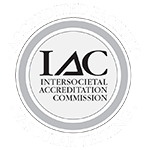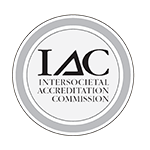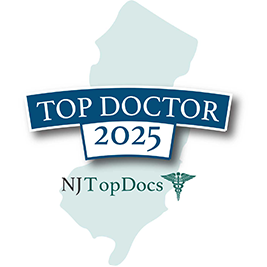
Sometimes, temperature fluctuations are part of life, particularly this time of the year. The weather might change from day to day, or the temperature your office or school is kept may be different from what you prefer at home, and potentially hugely different from external temperature.
Temperature fluctuations can affect your body in a variety of ways and temperature can affect blood flow.
How Temperature Affects Blood Flow
We have known a basic fact for decades: High temperatures increase blood flow to the extremities while low temperatures reduce it. This is one of the factors that contribute to frostbite.
This is actually a part of how our bodies regulate temperature. In cold weather, the blood vessels serving the skin constrict, reducing blood flow and thus heat loss. In hot weather, they widen, increasing heat loss. When this mechanism malfunctions, it can result in the Raynaud phenomenon, where the blood vessels contract too much and result in pale, cold fingers and toes.
In other words, your blood flow is supposed to change with temperature as part of how your body maintains an even internal temperature. This does not, however, mean that these changes are health neutral. When the weather is cold, your heart has to work harder and your blood pressure goes up. If you have heart disease, this can result in angina and also increases your risk of a heart attack, especially when combined with exertion. This is why so many elderly people have heart attacks while shoveling snow.
Hot weather also puts strain on your heart. Cooling needs mean your heart has to work harder. If you have a heart condition, then your heart may not be able to keep up, increasing your risk of angina and also of heat exhaustion.
How Temperature Fluctuations Can Impact Blood Flow
Larger swings in temperature put strain on these systems. For example, a study from South Korea showed that the more temperatures fluctuate, the worse strokes are. Another study linked them to a higher risk of stroke in the first place. And another study showed that days with a broader temperature swing saw more ER visits for heart attacks. The risk seems to be higher when the temperature is higher.
Temperature fluctuations can also increase risk of contagious disease and cause direct symptoms such as a runny nose or a headache.
One way to protect your health from temperature fluctuations is to keep your home at a temperature closer to the external temperature. It is better to put on a sweater than crank up the heat. This also helps reduce energy costs.
How We Can Use Temperature to Help Us Heal
This natural mechanism can also be harnessed to our benefit. Increasing local temperature increases blood flow to an area, which can speed the healing of an injury. This is why heat pads can help you feel better faster. This is particularly good for damaged veins, ligaments, and muscles.
However, heat can make varicose veins more obvious and painful as they are already swollen and enlarged. On the contrary, heat therapy can be useful to resolve the symptoms of peripheral artery disease. When you have PAD, your arteries are narrowed by plaque buildup, and heat therapy can help compensate for that by improving circulation.
Temperature changes naturally affect blood flow. Our bodies automatically restrict blood flow to skin and extremities when it is cold and increase it when it is warm as part of natural temperature regulation. Fluctuating temperatures, however, can negatively impact our health, including our circulation, increasing the risk of heart attack and stroke. Chest pain when the temperature is very cold or very hot can indicate problems with your heart.
If you suspect you have issues with your veins, arteries, or circulation, contact us today at The Cardiovascular Care Group to schedule an appointment.








_2.jpg)